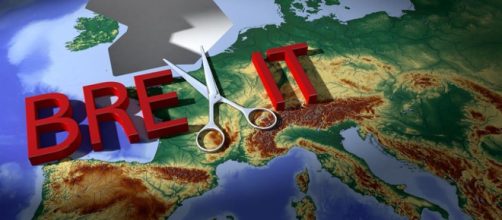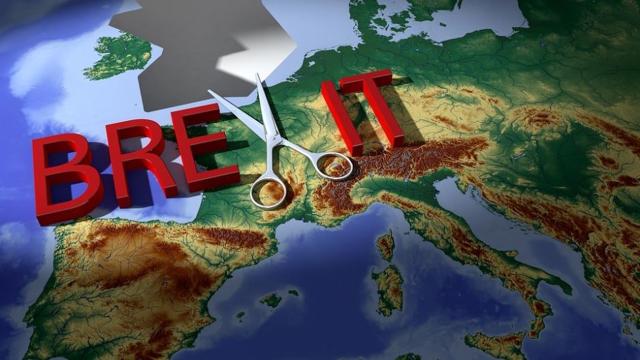Would a hard Brexit really be so disastrous? The simple truth is that no one really knows, much less able to quantify the full impact on the British economy. The doomsayers will constantly argue the necessity of the European Union link to UK Plc. However, a more informed look at the global impact may reveal an entirely different perspective. If we then add the uncertainty and likelihood of a hard Brexit into the equation, then things appear even more indefinable.
The current state of the UK economy
If we look at the current state of the UK economy compared to the European Union, it certainly compares very favourably overall.
For quite a while UK productivity has been an issue, the reliance on cheap unskilled labour has certainly not done anything to improve this. This would appear to concur with the need for the UK to control its borders and limit migration. However, across the economy, the skills gap appears as wide as ever.
What are we doing to address this and improve the overall skills base? Well, we appear to dance around the issue with half-hearted and badly publicised initiatives such as modern apprenticeships etc. In short, we obviously need managed immigration in order to fill the skills-gap as we can, and promote growth. It also addresses head-on, the issues of structural unemployment and the societal issues and challenges this presents.
Global economic trends shift towards Asia and the USA
If we look at global economic trends we see the emphasis ever-shifting further away from Europe and toward Asia and North America. Over recent decades, Europe has become progressively less competitive and more bureaucratic. One essential issue with UK membership of the European Union has been that fundamentally, the UK is laissez-faire whereas Europe has a more tightly regulated regime. Consequently, the UK has chafed under the welter of regulations emanating from the EU and consequent perceived difficulties and expenses created for UK business, thereby creating an issue for competitiveness in the global economy.
The economic flows will create two future economic mega powers in India and China.
These countries have a long-standing trading relationship with the UK. Indeed India is a common law country, so there is relative ease in doing business, China has adopted Anglo-Saxon contract law. Then there is the Commonwealth, including the not insignificant economies of Canada, Australia, South Africa and Nigeria, not to mention India. These are all eager to strike favourable trade deals with the UK at the earliest opportunity. Then there is the United States, a key strategic UK ally as well as a long-standing trading partner.
The UK may even resume a top position in the global economy
It could well be believed that in exiting the EU the UK will resume its historic position in the global economy.
However, the reality is likely far more prosaic. The world has changed beyond recognition since 1973; however, the inherent dynamism of the UK economic model will perform well in a world without being straight-jacketed by the European Union.
Often what is forgotten, is that the leaders, who took the UK into the EU, were looking at preventing another war and the stringencies of the cold war, not the perceived economic benefits. They certainly could not be blamed for this. However, the world has moved on and the UK should restore its economic independence in order to thrive in the realities of today. The UK should not baulk at the future but embrace it with optimism and confidence. The economy will rapidly adjust, in spite of short term disruption. As Keynes memorably remarked, "in the long run we are all dead, so why worry?"



